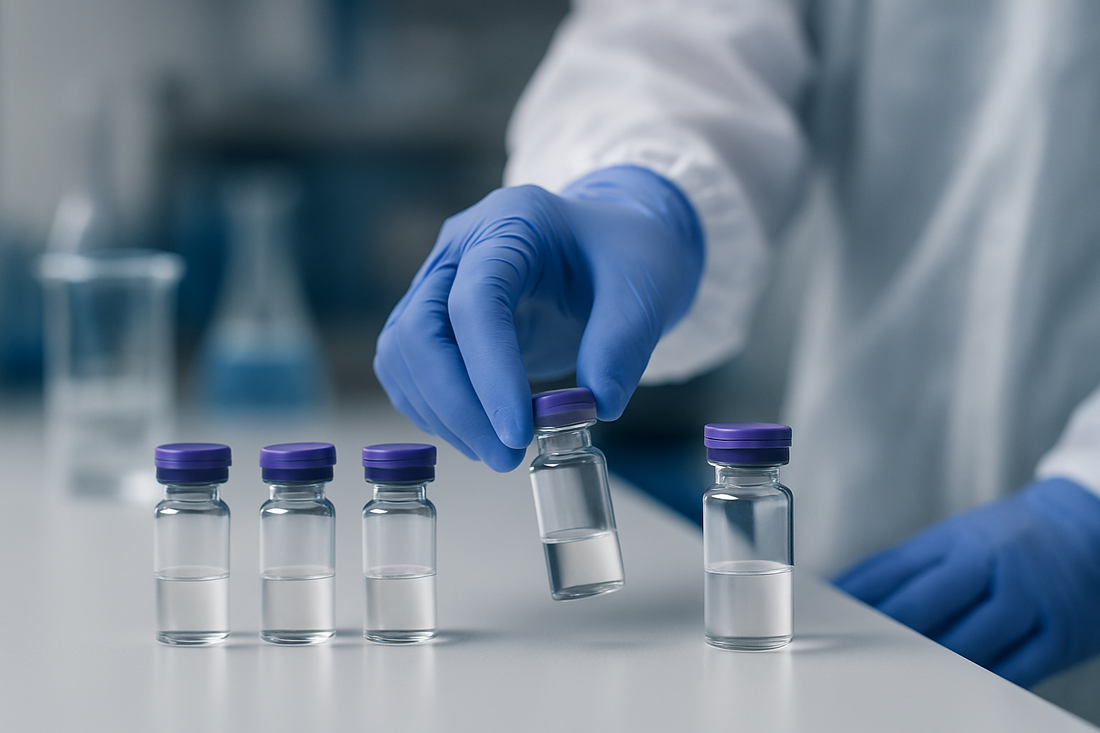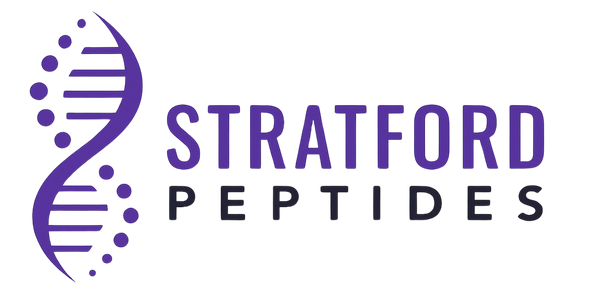
What Are Peptides? A Beginner’s Guide to These Building Blocks of Life
Peptides have become a hot topic in wellness, science, and skincare, but what are they really? In this beginner’s guide, we’ll break down what peptides are, why they matter, and where they’re used today.
What Are Peptides?
Peptides are short chains of amino acids, the building blocks of proteins. While proteins can contain hundreds of amino acids, peptides are much smaller, usually made up of just 2 to 50.
Because of their size, peptides can act in more targeted ways in the body, often working as messengers that signal how cells should function.
Where Do Peptides Exist Naturally?
Peptides aren’t just a lab-made concept, they’re already all around us:
-
In the human body: naturally produced during normal biological processes.
- In food: found in protein-rich foods like eggs, milk, fish, and soy, broken down during digestion.
Why Peptides Matter
Peptides play many roles in biology, such as:
- Supporting communication between cells.
- Acting as hormones or regulators.
- Helping with immune response and repair.
This is why they’re a focus of modern research across healthcare, biotechnology, and skincare.
Current Uses of Peptides
Peptides are studied and used in many industries today:
-
Medical Research: potential targeted therapies, hormone regulation, and more.
-
Biotechnology: laboratory testing and pharmaceutical innovation.
-
Cosmetics: widely used in skincare products.
⚠️ Important: In the UK, many peptides are strictly for research purposes only and not authorised for medical use.
Final Thoughts
Peptides are fascinating building blocks of life that continue to inspire scientific discovery. From skincare to research labs, they are shaping the future of health and biotechnology.
At Stratford Journal, we’ll keep sharing the latest insights into peptides, so you stay informed, curious, and ahead of the curve.
